China's top court upheld a decision to deny larger State compensation for Gu Chujun, an entrepreneur who claimed that, due to his higher income, he should receive more than the standard compensation after his jail sentence was reduced.
Guangdong High People's Court ruled last year that Gu should receive about 430,000 yuan ($62,000) in State compensation after some of his previous convictions and sentencing were overturned.
The compensation includes 287,000 yuan for infringement of his personal freedom and 143,000 yuan for his mental anguish.
The Guangdong court also ordered an 80,000-yuan refund on his previous fine and its interest payment.
Gu, former chairman of Guangdong Kelon Electrical Holdings, later appealed to the Supreme People's Court, the country's top court, claiming that he should be paid 70 million yuan for the infringement of personal freedom and 50 million yuan for mental damage due to his income.
After a review, the top court's Compensation Committee Office said on Wednesday that the standard State compensation is the same for every applicant, no matter what job he or she has and how much money he or she earns.
While keeping the original compensation decision made by the Guangdong court and noting that it complied with the law and relevant judicial interpretations, the top court rejected Gu's application, adding it had no legal basis.
Gu was sentenced to 10 years in prison by Foshan Intermediate People's Court in Guangdong for multiple crimes, including falsely reporting registered capital, falsifying and withholding information, and embezzlement, in January 2008. He was also fined 6.8 million yuan.
In March 2009, Guangdong High People's Court upheld the ruling.
After an appeal and a retrial at the top court, Gu's convictions for falsely reporting registered capital, and falsifying and withholding information were overturned, and his sentence was reduced to five years in prison for embezzlement.
Since the top court partially acquitted Gu of his charges, he had the right to apply for State compensation for the infringement of personal freedom and mental anguish due to the wrongful detention, according to the State Compensation Law and relevant judicial interpretations.



















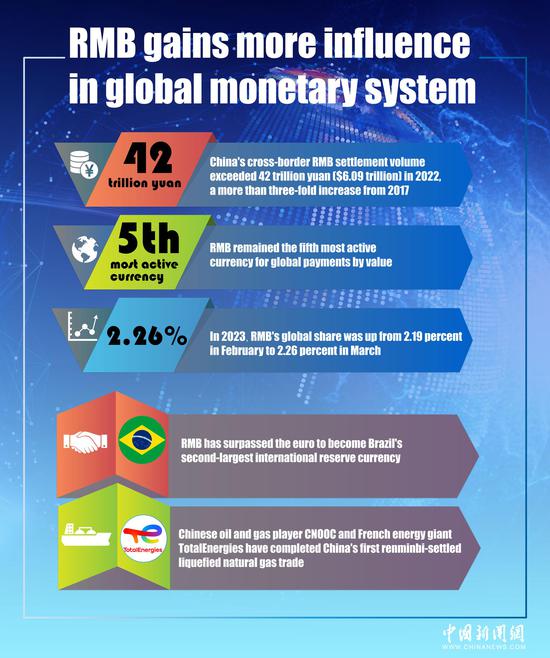






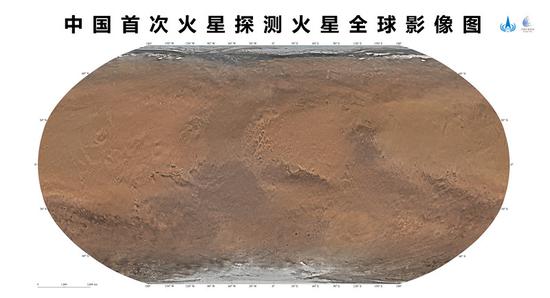

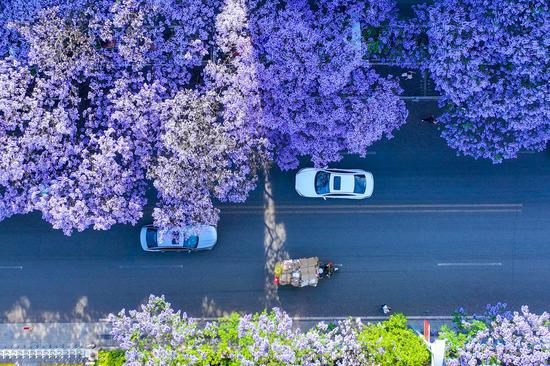

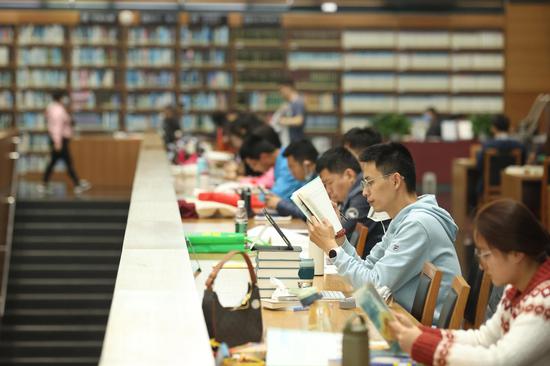






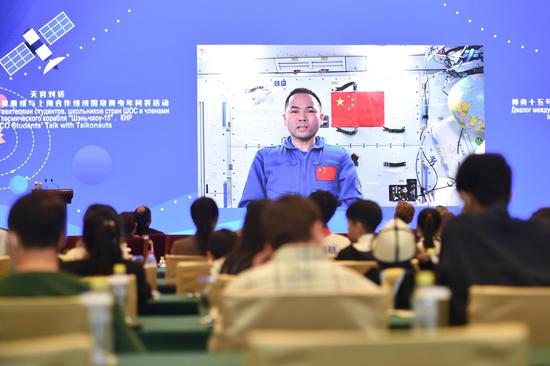






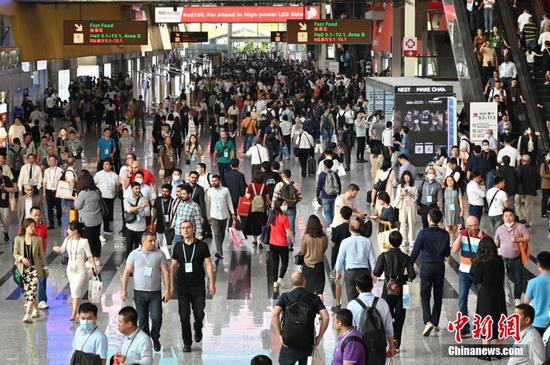





 京公网安备 11010202009201号
京公网安备 11010202009201号